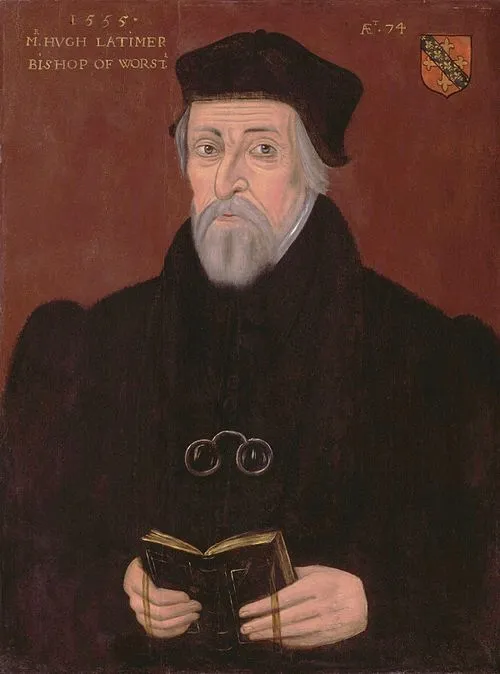
Hugh Latimer: A Key Figure in Anglicanism
Hugh Latimer (c. 1487 – October 16, 1555) stands as one of the most significant figures in the formation of the Anglican Church and the English Reformation. Renowned for his eloquence and commitment to reform, Latimer's life and works continue to inspire discussions on Anglican theology and the reconciliation of faith and reason.
Early Life and Education
Born in the West Midlands of England, Latimer was educated at the University of Cambridge. His early academic pursuits laid the foundation for his later influence as a preacher and reformist. Initially ordained as a Roman Catholic priest, Latimer became increasingly disillusioned with the Church’s practices, particularly its emphasis on tradition over scripture.
Latimer's Preaching and Theology
Latimer’s sermons were characterized by their directness and clarity, aimed at the common people rather than the scholarly elite. He preached a theology centered on the authority of the Bible, advocating for a faith based on scripture alone.
During the reign of King Henry VIII, Latimer became a pivotal figure in the spread of Reformed ideas. He sought to challenge the established church's practices, urging reforms that would lay the groundwork for the Anglican Church. His sermons often criticized the corruption he perceived in both the ecclesiastical hierarchy and the moral behavior of its leaders.
Imprisonment and Martyrdom
Latimer’s ardent advocacy for Reformation principles resulted in his imprisonment under Queen Mary I, who staunchly opposed Protestantism. Despite torture and relentless pressure to recant his beliefs, Latimer remained steadfast in his commitment to reform.
On October 16, 1555, Latimer was burned at the stake alongside fellow reformer Nicholas Ridley. His final words, "Be of good comfort, Master Ridley, and play the man; we shall this day light such a candle, by God’s grace, in England, as I trust shall never be put out," resonated with courage and determination, symbolizing the resolve of reformists caught in the turbulence of the Reformation.
Legacy and Impact on Anglicanism
Latimer's martyrdom marked a significant point in the history of the Anglican Church. Today, he is regarded as one of the Church of England's martyrs and is commemorated in the liturgical calendars of various Anglican branches.
His theological contributions laid the groundwork for later Anglican thought, influencing figures such as Thomas Cranmer, the architect of the Book of Common Prayer. Latimer’s emphasis on scripture continues to resonate in contemporary Anglican worship and doctrine.
Conclusion
Hugh Latimer's life embodies the complexities of faith during a transformative period in English history. Through his unwavering commitment to the truth of the Scriptures and his boldness in advocating change, Latimer not only shaped the Anglican tradition but also provided a lasting example of integrity and courage in the face of adversity.






